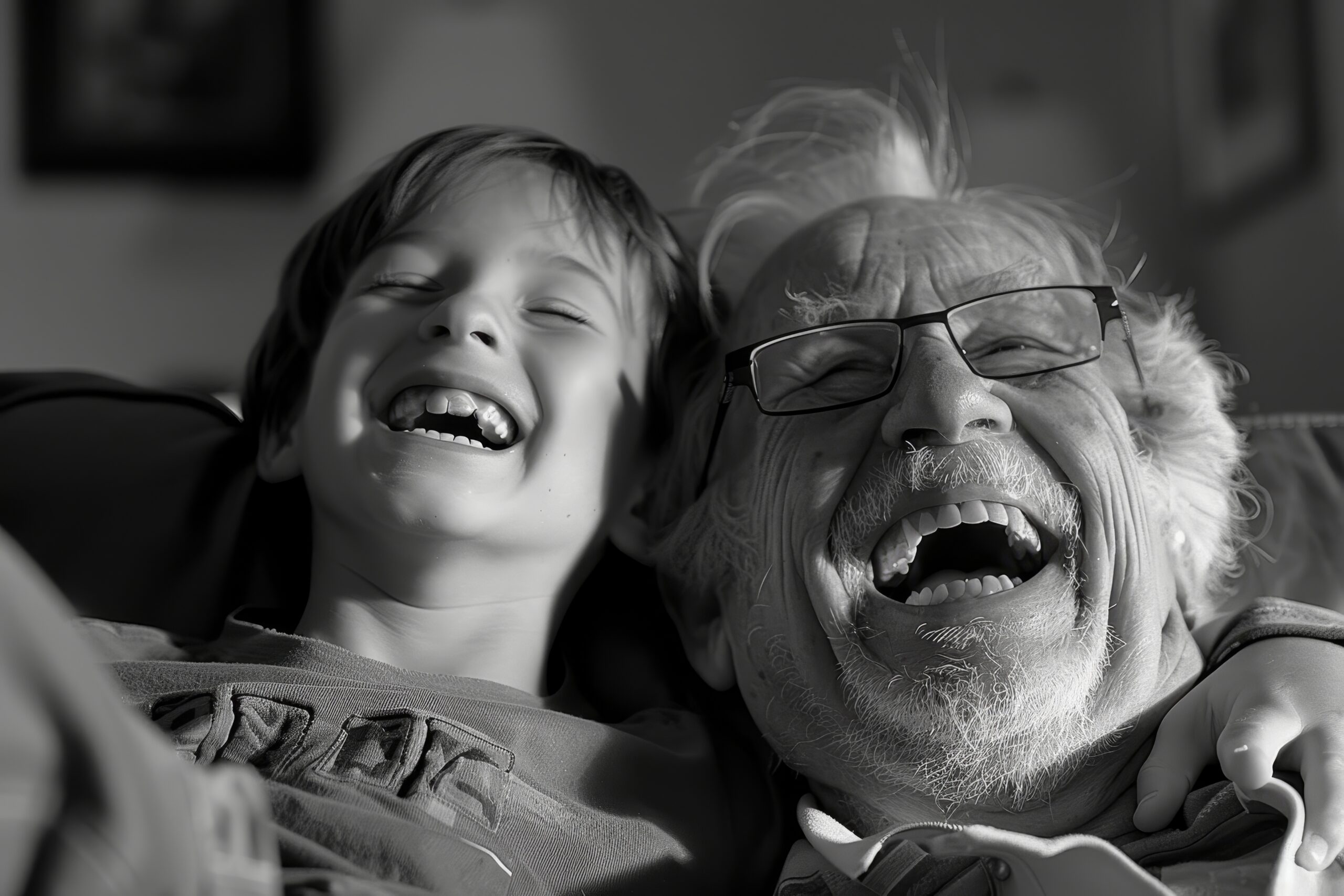The joy of getting older
The joy of getting older
By Dave Robson
I had a client for life coaching recently who complained of having a “mid-life crisis.”
I pointed out that mid-life change is not necessarily a crisis, usually it’s a metamorphose or series of metamorphoses and something to be celebrated as a great opportunity to reinvent yourself. It’s also absolutely natural and it happens to almost everyone between the ages of approximately thirty-five and fifty-five.

This is important to note because the person undergoing this psychological, physical and spiritual seismic shift may not realise that the best is yet to come, if you play your cards right.
Our great playwright William Shakespeare showed his understanding of our natural development through life when he penned his famous “seven ages of man” speech, in his play, As you like it, in which he compared the world to a stage, explaining that we mortals are but actors upon it. The key is that every man plays many parts at various periods in his lifetime. He does not stay the same. I, for example, am well into Shakespeare’s sixth age, the older adult with many wise sayings but getting weaker; yet nowadays I find life hugely enjoyable and rewarding, for I am currently at the most creative and productive I have ever been, and closer to a state of acceptance.
By contrast, in my youth I was all over the place, didn’t have a clue who I was or where I belonged. I was as green as a cucumber and completely devoid of wisdom.
It took me many years and many metamorphoses to arrive at my current happy circumstance. That’s why I suggest to people, never to fear getting older, it has many advantages. But there’s one obvious caveat, you must carefully look after your health. Of course, if you have health issues this might present something of a challenge, but I have known even terminally ill people who found huge extra value in the time they had remaining.
When we are children, even if we are brought up in a loving family, life is totally confusing, especially when we go through a rebellious stage, perhaps our first metamorphosis, because everything about the world seems huge and so bizarre and often contradictory. (I would go so far as to say that if a pre-teen child does not rebel against something, parents, teachers, society in general, then there is something wrong.)
That’s why a teenager’s primary duty is to begin the search to find out who he or she is, and how he or she fits into this seemingly crazy world of ours; and, by definition, that almost always involves some sort of rebellion. Most importantly are the questions, who am I? how can I help? what can I contribute? how can I make a difference?
Someone once asked me if I believe in reincarnation. My reply was, if I had to be born again and return to this earth as a human, I’d want to come back at the age of forty or older, because too much hard work and angst is involved in being a youngster. Maturity is much more fun.
As Oscar Wilde so wisely put it, “youth is wasted on the young.”
For further insightful thoughts and ideas, see Dave’s new blog, The Heart Specialist, and feel free to leave a comment, at www.dave-robson.com/the-heart-specialist-blog. For information about Dave’s on-line meditation group, Zoomeditation, you can e-mail him at info@dave-robson.com, or call 01722 505495





